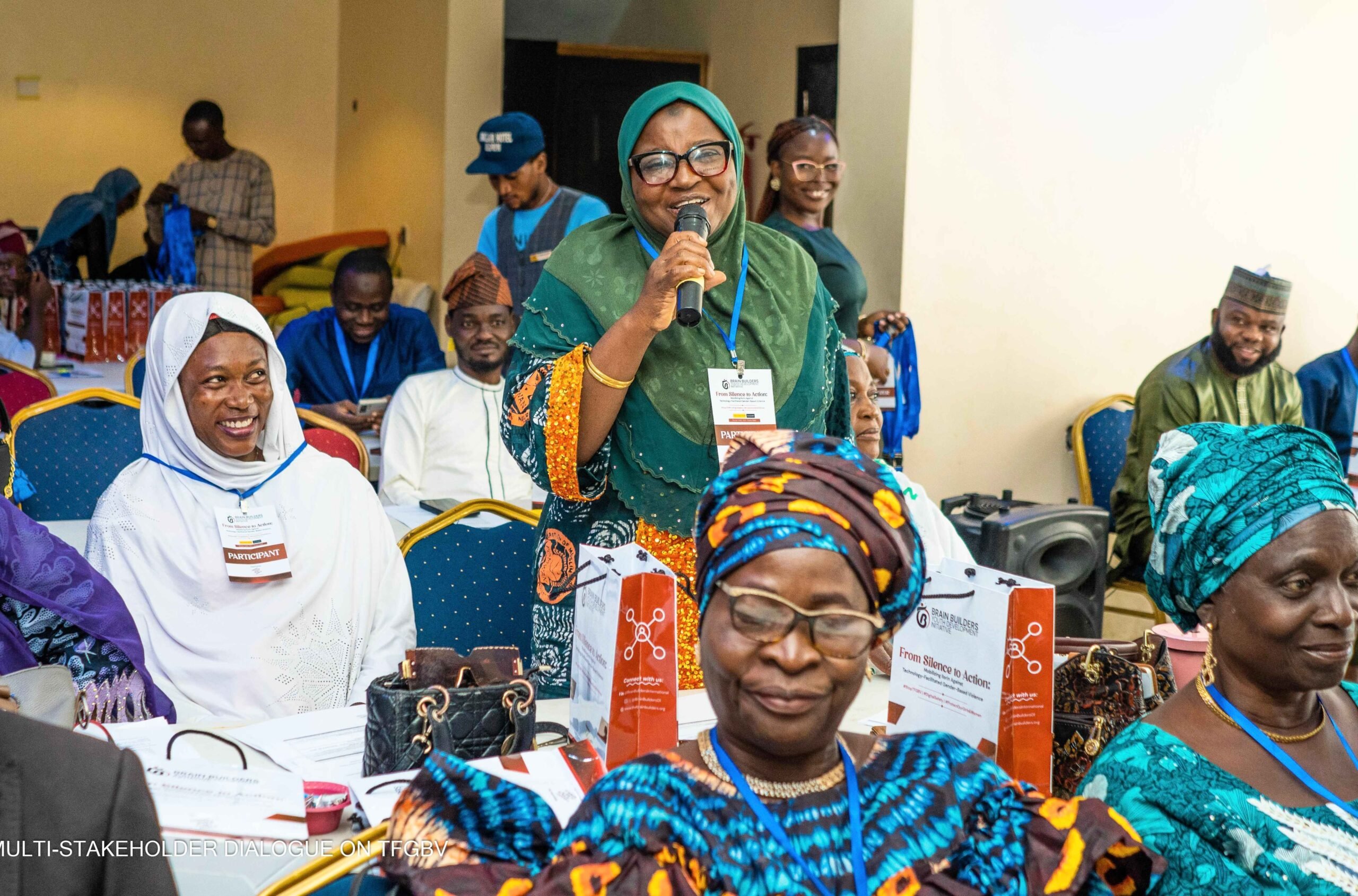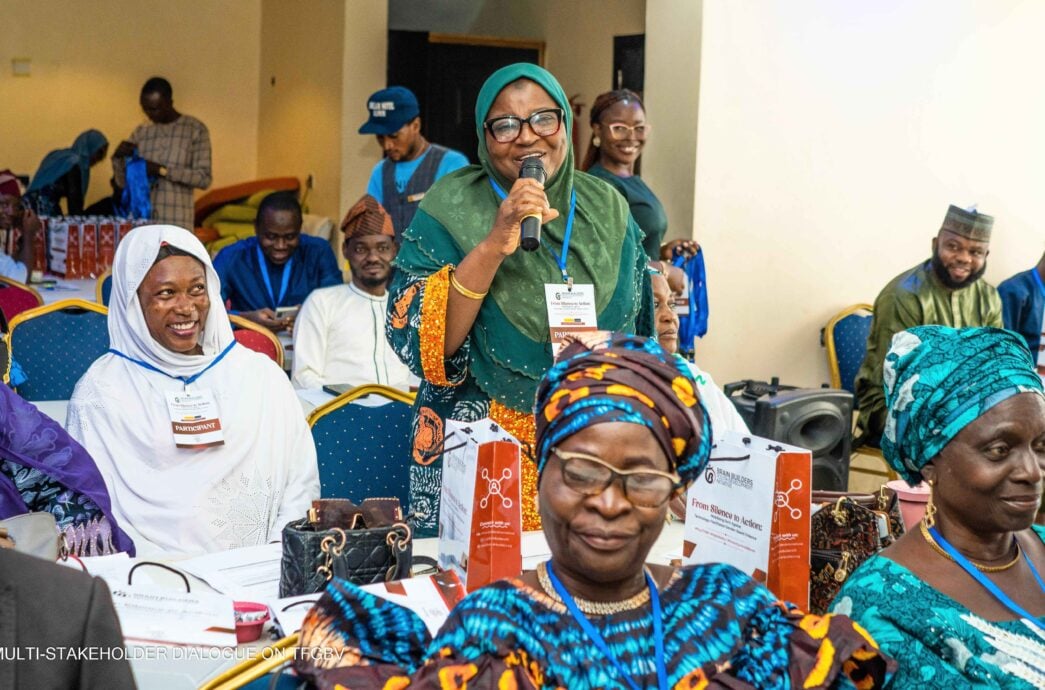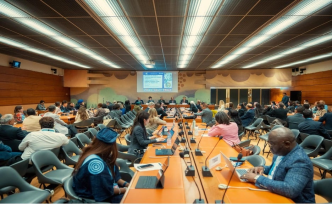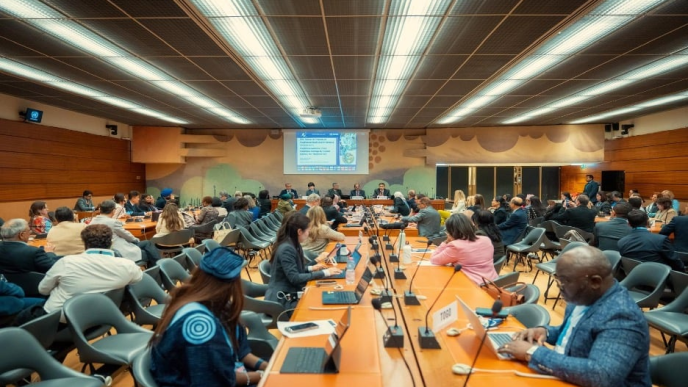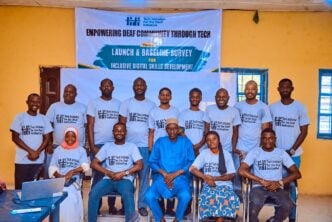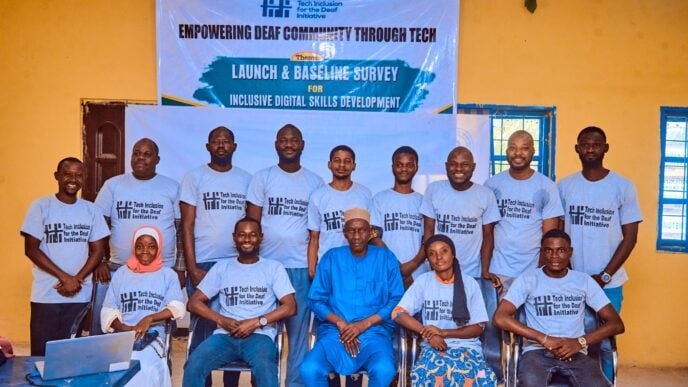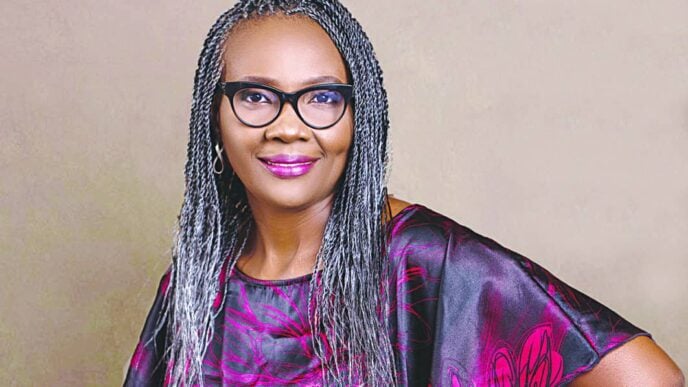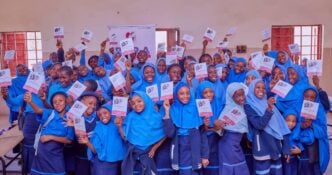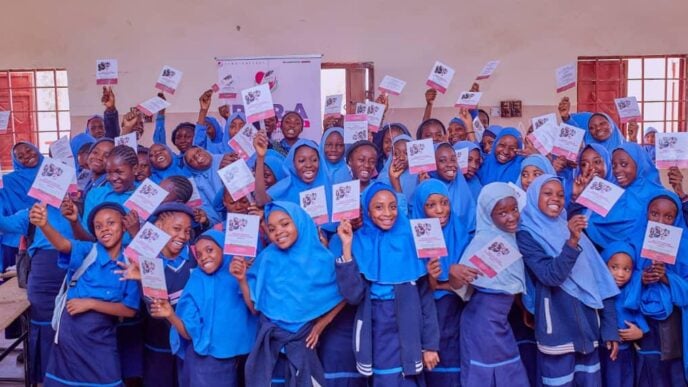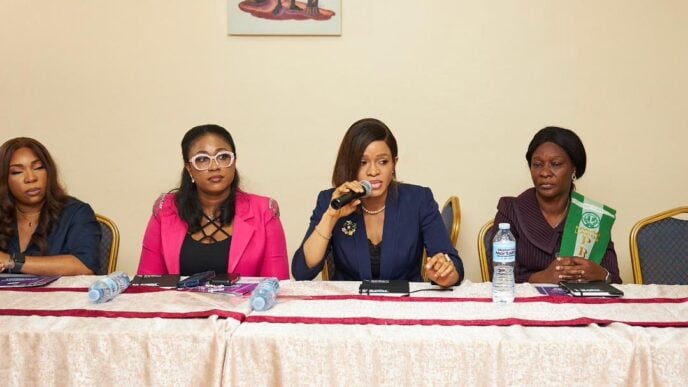Stakeholders across Kwara state have launched a coordinated push to combat technology-facilitated gender-based violence (TFGBV).
This is coming following the tragic killing of 21-year-old Hafsoh Lawal, a student in Ilorin, Kwara state capital, who was lured and murdered through social media
At a high-level dialogue held on Saturday in Ilorin, government officials, religious leaders, civil society organisations (CSOs), security agencies and community groups came together under the theme: “From Silence to Action: Mobilizing Ilorin Against Technology-Facilitated Gender-Based Violence.”
The event, convened by the Brain Builders Youth Development Initiative (BBYDI) with support from Urgent Action Fund-Africa, marked Kwara’s first multi-sectoral response to the growing threat of digital abuse targeting women and girls.
Advertisement
In a message delivered on her behalf by Ruth Adeosun, BBYDI’s finance and policy officer, Nurah Jimoh-Sanni, executive director of the organisation, described the gathering as a turning point.
“Hafsoh’s story is tragic — but sadly not unique. Women and girls across Kwara, Nigeria, and Africa are being harmed in ways our systems are still struggling to address. What makes today different is that we have chosen not to remain silent,” she said.
The dialogue featured context-setting presentations, group plenaries, and a co-creation session where stakeholders developed a Charter of Commitments — a document outlining practical, sector-specific steps to prevent TFGBV in the state.
Advertisement
Among the participants were representatives of the Council of Ulama, Christian Association of Nigeria (CAN), government MDAs, persons with disabilities, and youth groups. Discussions centred on institutional failures, social stigma, and harmful online narratives that expose women and girls to abuse.
In breakout sessions, religious leaders examined how faith-based platforms can reshape societal attitudes and publicly denounce digital abuse. Government and CSO representatives focused on survivor support, law enforcement reforms and awareness campaigns.
A key outcome of the event was the inauguration of a 10-member Joint TFGBV Response Committee to oversee implementation, track progress, and ensure continuity. Each sector nominated a representative to the committee, in what organisers described as a “shared accountability model”.
“We can no longer pretend this is an isolated problem,” said Sanni Alausa-Issa, one of the session moderators. “From family homes to mosques and churches, to police stations and classrooms — every institution must now become part of the solution.”
Advertisement
Some of the commitments announced during the dialogue include:
- Faith leaders to issue public declarations and sermon guides condemning TFGBV.
- Government to establish clear reporting and referral pathways for survivors.
- CSOs to lead public education and advocacy efforts.
- Security agencies to undergo TFGBV-sensitive training.
- All sectors to collaborate on data collection, case tracking and victim support.
The Council of Ulama pledged to introduce new Friday sermon guidelines focused on online safety and TFGBV, while CAN leaders committed to embedding digital protection themes in their youth and women’s programmes.
In her closing remarks, Jimoh-Sanni urged all stakeholders to move beyond rhetoric.
“Our success will not be measured by the beauty of our speeches or the paper we produce today. It will be measured by the safety of the next girl who logs onto her phone — by whether she is safe, heard, and protected,” she said.
Advertisement
The initiative, she added, could serve as a model for other states grappling with the realities of tech-enabled violence.
Participants ended the event by signing a symbolic pledge to honour the memory of Hafsoh Lawal and champion the safety of all women and girls in digital spaces.
Advertisement
“We owe Hafsoh — and every woman and girl in this state — not just our sorrow, but our urgent, united action,” Jimoh-Sanni said.
Advertisement
